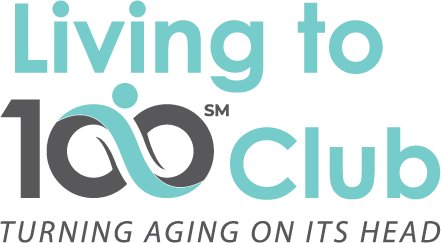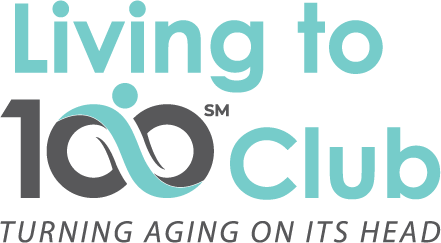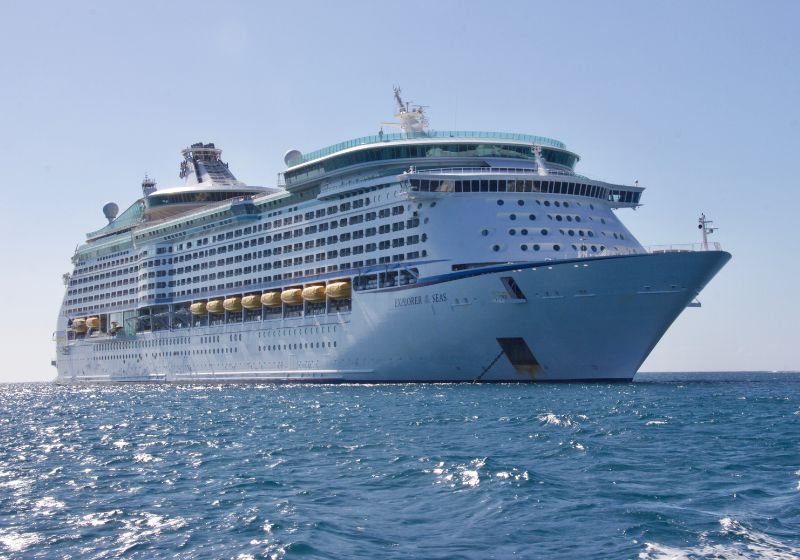One lesson learned working with patients in nursing homes was the concept that I am not my body. Regardless of what happens in our body, in our physical functioning, whatever decline or setback encountered, I always have the “I” or “me” in there to maintain my sense of worth. (Unless dementia comes into the picture, but that is a different conversation.) It is the “I” in there that keeps the awareness, the positive outlook. This is what helps us to stay motivated even when the body is not cooperating. It is the “me” in there that helps us to wake each day with a smile on our face, no matter what events get in the way.
Think of this as being the captain of your ship. Your body is the ship. When you try to steer, sometimes the ship cooperates and sometimes it doesn’t. As the captain, you have value and worth, despite how well the ship cooperates or how sick you are. No matter how limited you might be from chronic illness, a stroke, an amputation, or mental decline.
You are not defined by your body.
I once had a client I called “Captain” while working with her to help her feel more in control after a stroke. And I explained to her the metaphor of the captain and the ship. She had been bedridden for a year. Eventually physical therapy was able to get her up on her feet and re-learn to walk. One day I asked her how her week was. She replied, “My ship ran aground. I fell while trying to walk with my therapist. So, I turned the ship around and tried again.” And she was back on track rebuilding her body with physical therapy.
Another patient, a former professional boxer, was referred following the amputation of his leg, above the knee. It was due to an advanced vascular disorder. He was depressed and despondent. Of course, he now saw his body as so different from what he saw when he was a young prizefighter. A few months later, the second leg also had to be amputated. “How can I look in the mirror now, with two missing legs, and can’t see the perfect physical body I once had.” The same message for him: his worth is undiminished because of his physical losses, and his outlook trumps everything. In time, he was fitted with two prostheses. After real struggle and determination, he eventually learned to walk on them.
It is easy to tie our value and our worth to our well-being or our health.
Because of this, when something isn’t working as we’d planned or fixed as fast as we hoped, or we experience a sharp physical decline, our value as a person does not go with it. Our worth is intrinsic to being a living being. It is not based on what we can or can’t do, or what we have and do not have. We don’t lose all self-esteem when we fail a class or get passed over for that promotion. Our worth is not diminished by a facial scar or disfigurement following surgery. Although it may be easier to bounce back from those things in our prime, we must always remember that our worth and value as a person are not diminished by external events. Or by internal changes. Our worth is immutable, and we are not our body.
Dr. Joe Casciani is the owner and Chief Curator for the Living to 100 Club, a source of solutions to living longer and healthier, with a special focus on mindset and attitudes about aging. He has a 40-year history as a psychologist and manager of mental health practices specializing in behavioral health services with older adults. In addition to his work as a clinical consultant, he is an engaging and inspiring speaker, and helps audiences move beyond their questions and concerns about aging to create a vision of what is possible in the years ahead. He strongly believes there is value in helping people feel inspired about their future.


